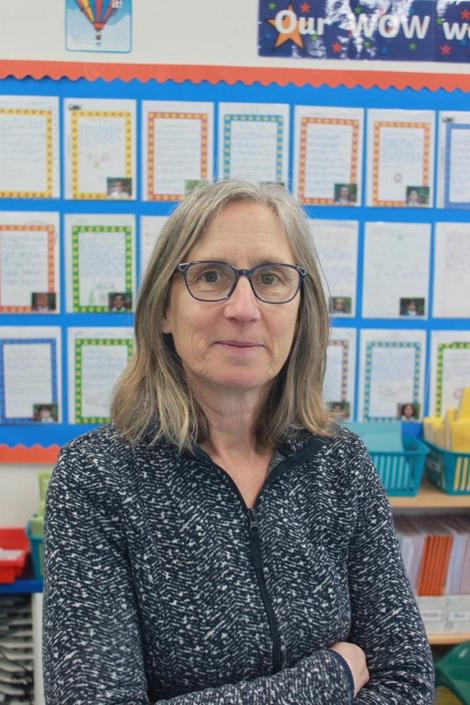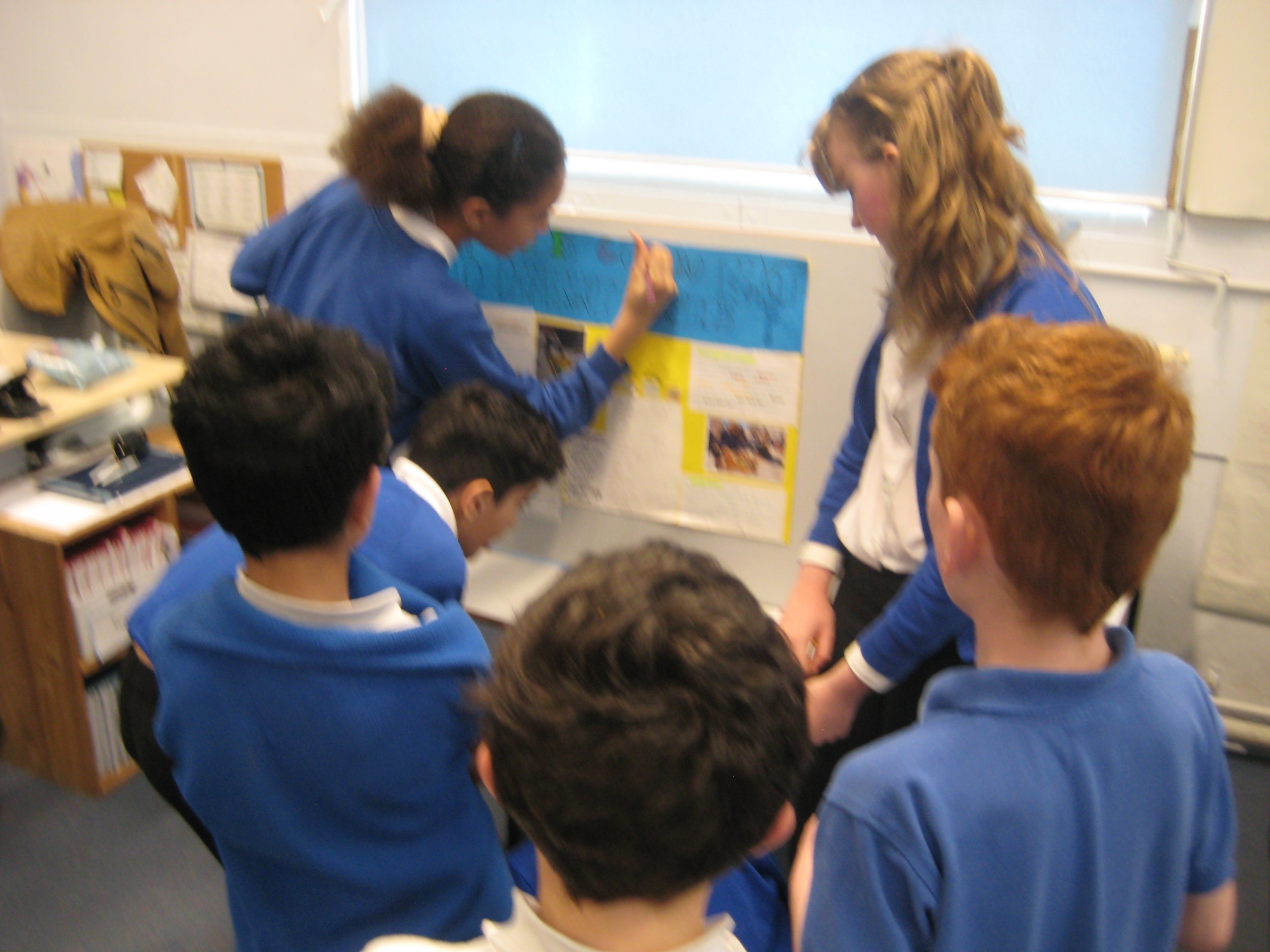Science
Meet the Science Lead
 I’m Ms Davies, the Science Lead here at St Andrew's, and I’ve had the privilege of leading science for many, many years. I hold a degree in Environmental Science, which has given me a deep appreciation for the natural world and the importance of understanding science in our everyday lives. I’ve also completed CPD in Thinking, Doing, Talking Science with Science Oxford, which has helped me develop a practical and creative approach to teaching science. I am passionate about making science engaging and accessible for all children, encouraging them to think critically, ask questions, and explore the world around them through hands-on experiments and real-world connections.
I’m Ms Davies, the Science Lead here at St Andrew's, and I’ve had the privilege of leading science for many, many years. I hold a degree in Environmental Science, which has given me a deep appreciation for the natural world and the importance of understanding science in our everyday lives. I’ve also completed CPD in Thinking, Doing, Talking Science with Science Oxford, which has helped me develop a practical and creative approach to teaching science. I am passionate about making science engaging and accessible for all children, encouraging them to think critically, ask questions, and explore the world around them through hands-on experiments and real-world connections.
Our Science Vision
Our science curriculum is grounded in our school Christian Vision and the principles that everyone is different, everyone is special, and everyone is our neighbour. Pupils explore the diversity of life and the complexity of the natural world, deepening their understanding of how differences contribute to the richness of ecosystems and human societies. By fostering curiosity and encouraging each child’s unique scientific enquiry skills, we nurture innovation and critical thinking. Pupils learn to apply their knowledge responsibly, understanding their role in protecting the planet, promoting justice, and ensuring a hopeful, sustainable future for all.
“Two ways to live your life: one as if nothing is a miracle, the other as if everything is a miracle”
Science Teaching and Learning
Our science curriculum is designed to develop curiosity, critical thinking, and a deep understanding of the world. We follow our own carefully structured progression maps to ensure that scientific knowledge and skills build progressively across the school. Our teaching is guided by the principles of Thinking, Doing, Talking Science, making lessons practical, creative, and thought-provoking. Through hands-on investigations, rich discussions, and problem-solving challenges, children develop a strong foundation in scientific enquiry and a love for exploring the world around them.
Assessment in Science
Assessment in science is an ongoing process that supports children's learning and ensures they develop a deep understanding of scientific concepts. Throughout each unit, formative assessment is used to gauge children's understanding, identify misconceptions, and inform teaching. This may involve questioning, discussions, observations, and practical tasks where children apply their knowledge in real-world contexts.
At the end of each unit, a summative assessment takes place to evaluate children's overall understanding. Rather than relying solely on recall, science assessment often requires children to use their knowledge and understanding to solve problems and explain their reasoning. They may be asked to apply concepts to new situations, make predictions, interpret data, or justify their conclusions, demonstrating not just what they know but how they think scientifically.
This approach ensures that assessment in science is meaningful, encouraging children to develop their curiosity, reasoning, and ability to think critically about the world around them.

